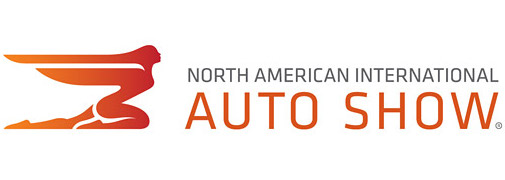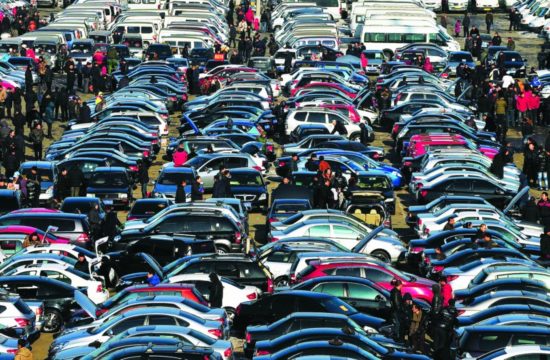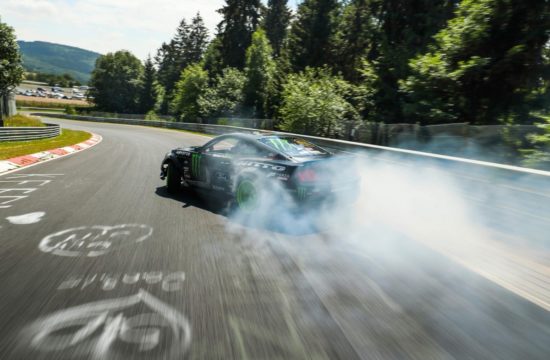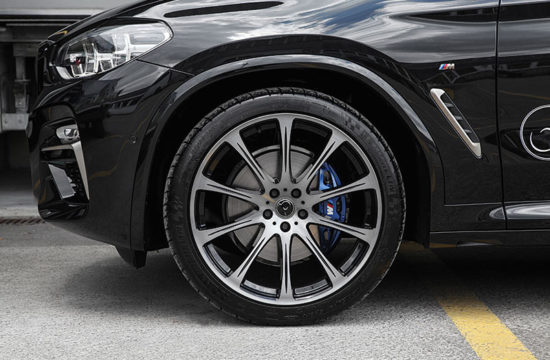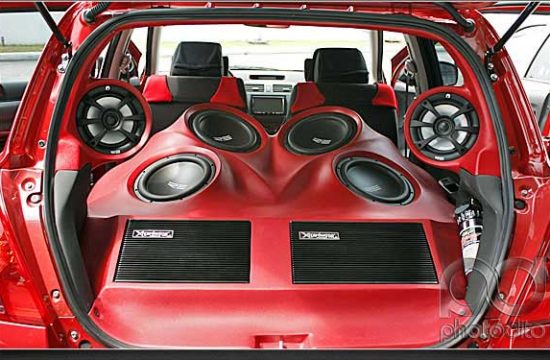Just three years ago the big three US automakers General Motors, Ford, and Chrysler were against the wall pleading with Washington for handouts and protection from bankruptcy, and this week in Detroit analysts would be forgiven for taking a back step as European and Asian car manufacturers now look increasingly vulnerable due to economic crisis, whilst the Americans seem to have recovered and are showing off a good range of newly designed autos.
From near collapse to a third straight increase in sales US car sales are signaling a vibrant future for auto sales in the US, and 2012 forecasts between 4% to 9% indicate Americans haven’t yet bought into the message of gloom from the Eurozone crisis. Detroit’s big three have also been bullish with each reclaiming lost market share across the board, including markets for niche vehicles and the yet to become mainstream electric vehicle market.
2012 looks promising in the US and Canada for all major car manufacturers, the market expanded 10% on 2010 sales figures over 2011. General Motors, Ford, Volkswagen and Hyundai are all looking to be more aggressive as they realize sluggish sales in Europe could downgrade profit forecasts. Most of the major brands have rebuilt and consolidated showroom presence and are looking to 2012 and beyond to cement sales momentum.
US car sales are unlikely to return to 2008 levels any time soon when 17 million new cars were bought, but with expectations of between 13 million and 14 million for the next 3-4 years the market is by no means out for the count. Despite the difficult times the US market has not collapsed and the development of new models from Detroit indicates a healthy future once again.
Globally we should expect more uncertainty, but with all car makers setting their sights on new models, alternative fuel sources, and 21st century technology we can expect the US market’s strength to be a litmus test of industry competitiveness and viability. The slowdown in US domestic sales may seem permanent as younger generations forsake car ownership and adopt mobile phones, however this is disingenuous thinking given the imminent arrival of driverless vehicles, a technology being pioneered in America.
Excitement in Detroit this week was evident from all sectors, and demonstrates a healthier competition than has been seen for many years. Fiat controlled Chrysler debuted the new Dodge Dart to its lineup, Ford demos the all new Fusion, General Motors shows off a smaller Cadillac, Volkswagen the Jetta and renewed Beetle, Honda with the 2012 Accord and Civic, and many more to whet the appetite.
GM, Ford, and Chrysler will be happy leading into 2012 with rebounding sales despite weaker performance in Europe for GM, and Chrysler having withdrawn from international markets. Ford especially have been expanding plant and equipment in the UK and increasing European sales of their smaller cars, and further reclamation in the US market will buoy shareholders.
It will be interesting to see how market share plays out in North America during 2012, will Detroit’s big three continue to grow, can Volkswagen meet their ambitious goals of achieving 6% market share, how will Toyota rebound after losing 2.3% share in 2011, and is Honda up to the task of shipping product after their disastrous slump from Japan’s tsunami?

